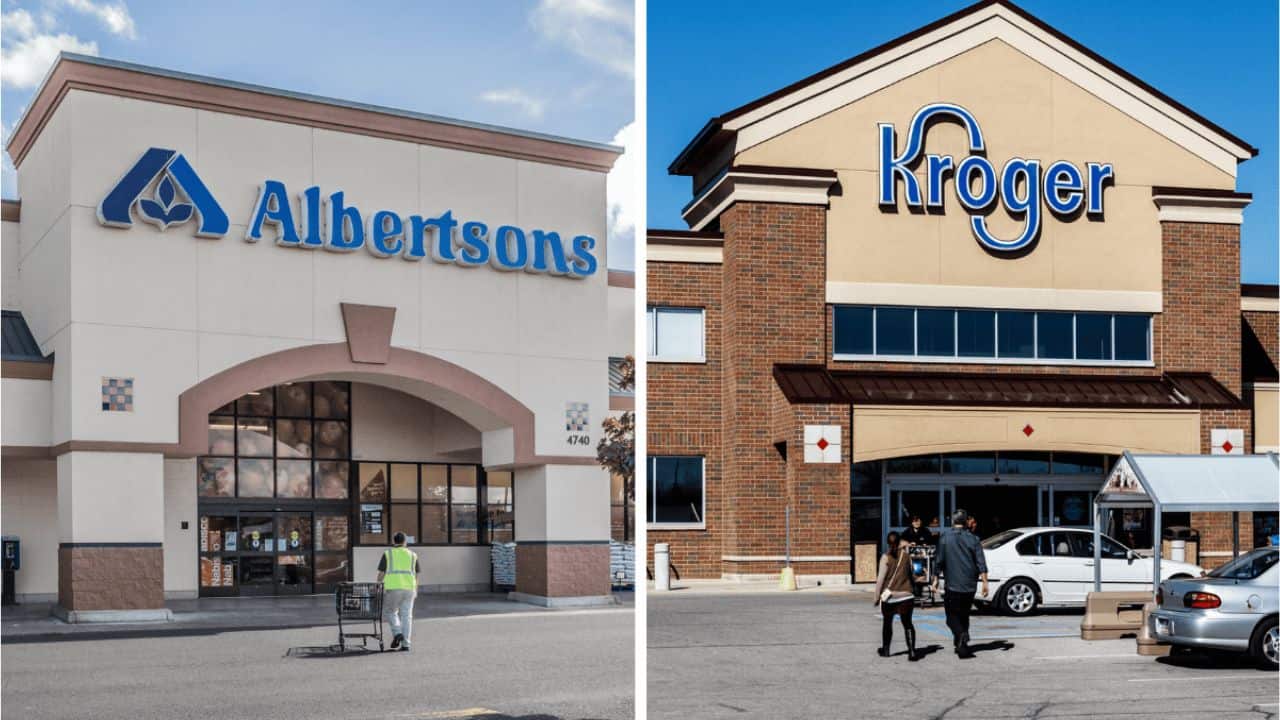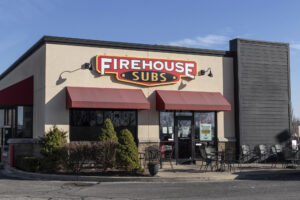
iStock/SweetBabeeJay and jetcityimage
Proposed Kroger-Albertsons Merger Protested by Denver Workers
October 2, 2024
The proposed Kroger-Albertsons merger has been met with resistance, this time by workers in Denver, Colorado, who protested the would-be mega-conglomerate.
CPR reports that on Monday, Sept. 30, neighbors, union representatives, and grocery store employees held picket placards at a Stop the Merger Rally. Rocky Mountain Farmers Union was one of the well-known local labor groups that participated in the demonstration. The director of government relations for the union, Tyler Garrett, stated that his organization had members in Wyoming, New Mexico, and Colorado.
“This [Kroger-Albertsons merger] would harm our family farmers and ranchers by taking away any power they had to negotiate prices,” Garrett said to the outlet. “Right now, farmers and ranchers only get approximately $0.14 to $0.30 of the dollar that consumers spend on groceries. Do you know who gets the rest of that money? The big corporations like Kroger and Albertsons, and they don’t pass that on to consumers or to their workers.”
According to Colorado Attorney General Phil Weiser, the merger “would result in higher food prices, potential worker mistreatment, food deserts and negative impacts for suppliers.”
Weiser’s concerns are shared by Colorado Springs-based Kroger employee Rickee Nelson. “[Kroger and Albertsons are] showing record-breaking profits, but we don’t see that,” Nelson said to the outlet. “We as the workers, we don’t get to reap the benefits of our hard work and that hurts.”
Kroger-Albertsons Merger on Trial
In defense of the proposed $25 billion Kroger-Albertsons merger, the CEOs testified last month in a Washington state trial. They cited fierce competition from Walmart, Costco, and Amazon.
“I have deep concerns when I look forward about our competitive condition,” said Vivek Sankaran, CEO of Albertsons. “If you don’t fundamentally change your competitive condition as you look out two, three, four years, your financial condition will deteriorate. I’m losing more of our customers’ dollars to Costco and Walmart than to Kroger.”
A lawsuit to halt the acquisition was filed by the FTC, which had earlier rejected the merger on grounds of diminished competition and possible price rises. Despite the optimism of Kroger and Albertsons over this expanded divestment plan, regulatory approval is still pending.
To alleviate regulatory worries about their merger, Kroger and Albertsons made the decision to sell extra stores earlier this year. This decision, which was made public in April, primarily affects all Safeway shops in Arizona, where Albertsons owns and manages 105 stores.
Recent News








